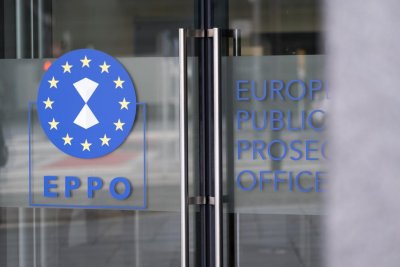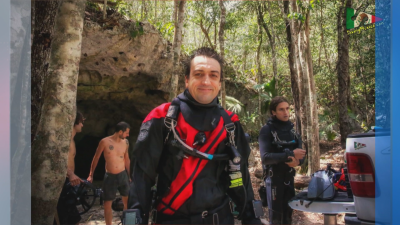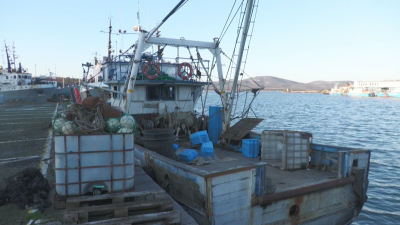ИЗВЕСТИЯ
Моите новини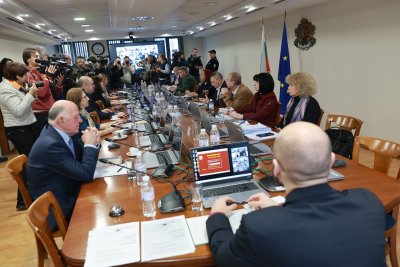
ВСС остави без разглеждане предложението за избор на и.ф....
Чете се за: 00:37 мин.

КЗП влезе в трите електроснабдителни дружества
Чете се за: 01:45 мин.
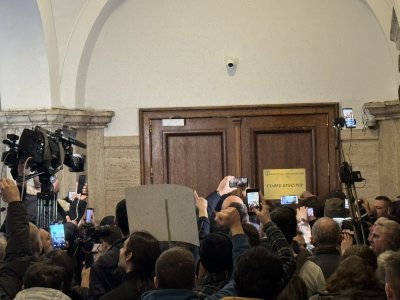
Напрежение пред кабинета на главния прокурор в Съдебната...
Чете се за: 00:55 мин.
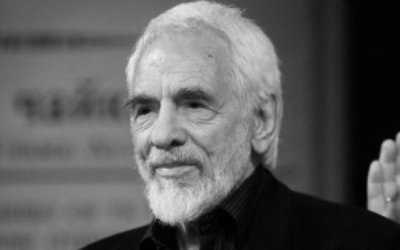
Отиде си големият рицар на българския театър Асен Шопов
Чете се за: 00:40 мин.
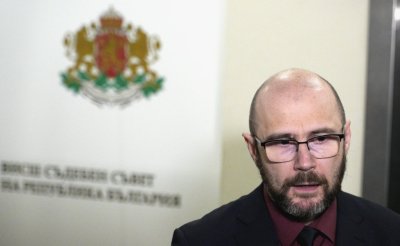
Андрей Янкулов за Теодора Георгиева: Поредният тежък удар...
Чете се за: 01:30 мин.






 Чуй новините
Чуй новините Подкаст
Подкаст

